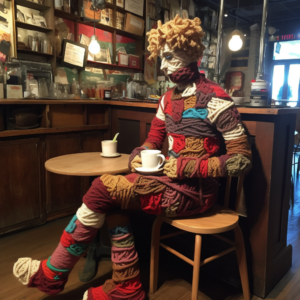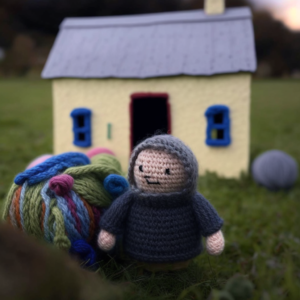Navigating the world of autism and relationships can be challenging and complex. This article aims to offer guidance for autistic individuals in various types of relationships, including dating, friendships, and family dynamics. We’ll discuss challenges that may arise and provide practical advice for overcoming them, with suggestions for communication, setting boundaries, and understanding social cues. Let’s dive in!
Building Friendships: Fostering Meaningful Connections
Understanding Social Cues and Nuances
One of the primary challenges autistic individuals face in relationships is interpreting social cues and nuances. Here are some suggestions to help navigate these complexities:
- Consider alternative forms of communication, such as writing, texting, or using visual cues.
- Don’t be afraid to ask for clarification or feedback from trusted friends or loved ones.
- Keep in mind the specific context of a conversation, as well as your relationship with the person you’re interacting with, to better understand the intent behind their actions or words. The same social cue may have different meanings in different situations.
Establishing Boundaries and Communicating Needs
Developing healthy friendships requires setting boundaries and communicating personal needs. Autistic individuals can:
- Clearly express their comfort levels and preferences in social situations
- Be open about sensory sensitivities or communication styles
- Seek friendships with individuals who understand and respect their unique needs and perspectives
Engaging in Shared Interests
Finding common ground is an essential aspect of building friendships. Autistic individuals can:
- Join clubs, organizations, or online forums focused on their interests
- Attend social events or activities centered around their passions
- Share their knowledge and enthusiasm for their interests with others
Navigating the Dating Scene: Finding Love and Companionship
Embracing Authenticity
In the dating world, it’s crucial to be true to oneself. Autistic individuals should:
- Be open about their autism diagnosis, if they feel comfortable doing so
- Share their interests, strengths, and challenges with potential partners
- Look for partners who appreciate their unique qualities and provide mutual support
Developing Communication Skills
Effective communication is vital in any romantic relationship. Autistic individuals can:
- Practice expressing their feelings and emotions, both verbally and non-verbally
- Learn to listen actively and empathetically to their partner’s needs and concerns
- Work on understanding and respecting their partner’s communication preferences
Seeking Out Inclusive Dating Platforms
Finding an inclusive and supportive dating platform can help autistic individuals connect with potential partners. Some options include:
- Online dating sites or apps specifically designed for autistic individuals or those with other disabilities
- Social groups or clubs focused on shared interests, where they can meet like-minded individuals
- Support groups for autistic adults, which can provide a safe space for discussing dating experiences and seeking advice
Strengthening Family Dynamics: Fostering Harmony and Understanding
Enhancing Communication within the Family
Clear communication is vital for maintaining healthy family relationships. Autistic individuals and their family members can:
- Engage in open and honest conversations about their needs, preferences, and challenges
- Develop strategies for managing sensory sensitivities or meltdowns within the family setting
- Seek professional guidance, such as family therapy or counseling, to address communication barriers and strengthen bonds
Encouraging Empathy and Understanding
Fostering empathy and understanding within the family is crucial for building a supportive environment. Family members can:
- Learn more about autism and its impact on daily life
- Listen to and validate the autistic individual’s experiences and emotions
- Practice patience and flexibility in accommodating the unique needs and preferences of their autistic family member
Weaving the Social Tapestry: Autism and Relationships
In conclusion, navigating the world of relationships can be challenging for autistic individuals, but with the right strategies and support, meaningful connections can be fostered. By understanding social cues, setting boundaries, and embracing authenticity, autistic individuals can form lasting friendships, find love and companionship, and strengthen family dynamics. It is essential for autistic individuals and their loved ones to work together in cultivating empathy, understanding, and open communication.
Are you or someone you know interested in learning more about autism and relationships? Sign up for the Epic Autism newsletter to stay connected and updated on how you can support understanding and promote the well-being of autistic individuals and their families.









